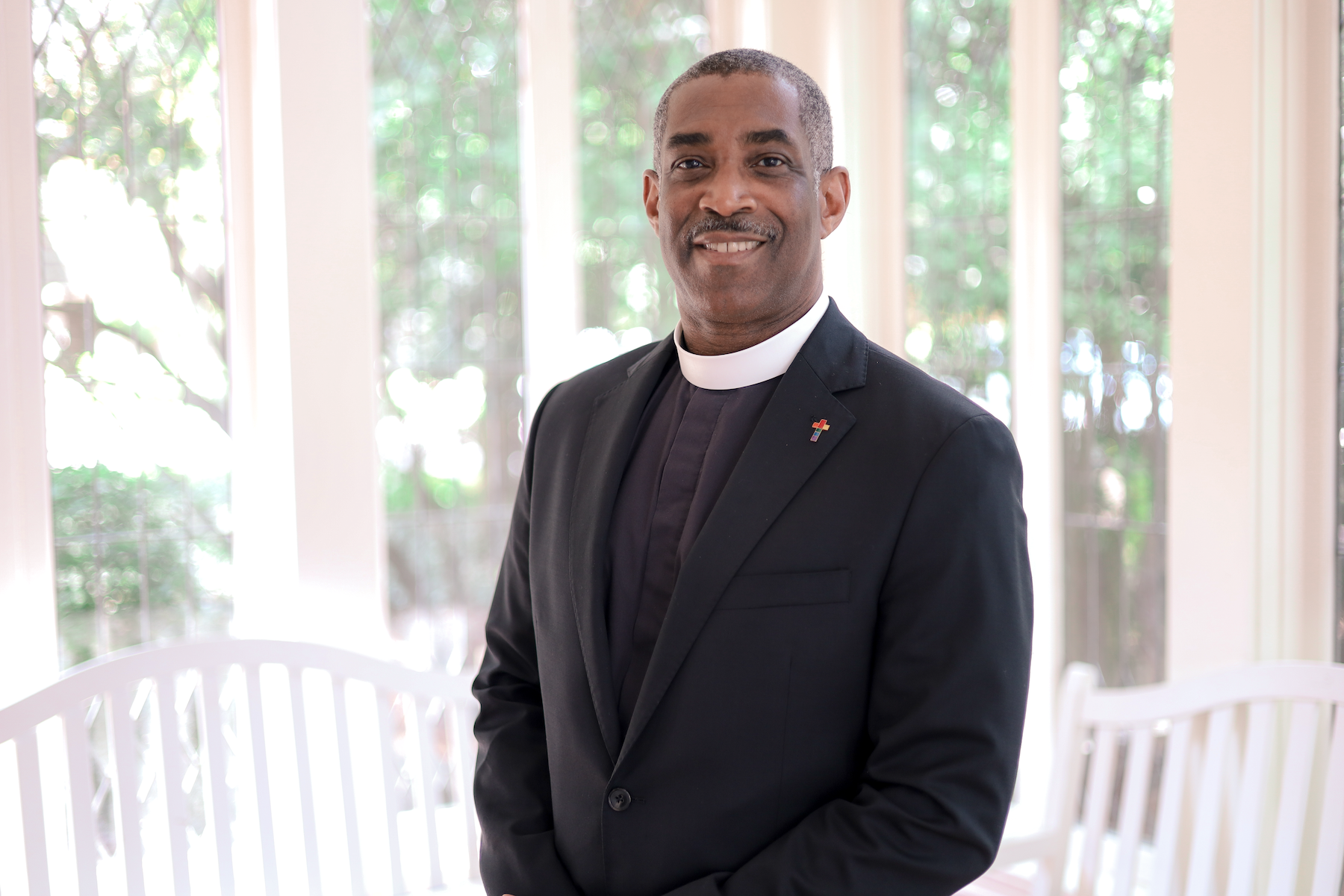
Before being called into the Episcopal priesthood in 2005, Horace L. Griffin served as a Baptist minister. During his college days, he wrote and preached sermons against homosexuality.
Later, when he discovered he was gay, he experienced dissonance. His words did not align with his life.
“That’s what I had been taught, that’s what I learned from scripture, in a very similar way as we’ve used scripture to subjugate women and also to justify slavery and segregation,” he recalled. “So I did a lot of praying and I came out of church for a while, because I felt it was very unhealthy to go to an institution that continued to beat me over the head and say, ‘I’m not good enough,’ even though I was good with God.”
After having having followed in the footsteps of his mentor and fellow Morehouse alumnus the Rev. Dr. Martin Luther King Jr., he returned to Atlanta. As Griffin served for six years as associate priest for pastoral care at St. Luke’s Episcopal Church, he could be his authentic self. He preached messages of prophetic justice, racial reconciliation and LGBTQ+ equality, challenging listeners to cross about lines of sexual orientation, race, class and gender to love like Jesus. Griffin published a book about African American lesbians and gays and Black churches, and is working on one about marriage equality.
“I think religion should bring us together and allow us to appreciate each other and — as the Quakers say — see that God is the light in each of us,” Griffin said. “But I think the primary thing that brings about transformation is relationships.”
Griffin brings that connecting mindset to his new role as chaplain at Canterbury Court, founded by St. Luke’s and All Saints’ Episcopal Churches as Atlanta’s first continuing care retirement community in 1965. The community’s vision is to cultivate lives of purpose and possibility by weaving together a tapestry of lives.
“We sometimes don’t value our seniors as much as we should,” Griffin noted. “I feel if we love like Jesus, if we treat others as we want to be treated, then we actually have learned the very crux of the Gospel of Jesus Christ.”
